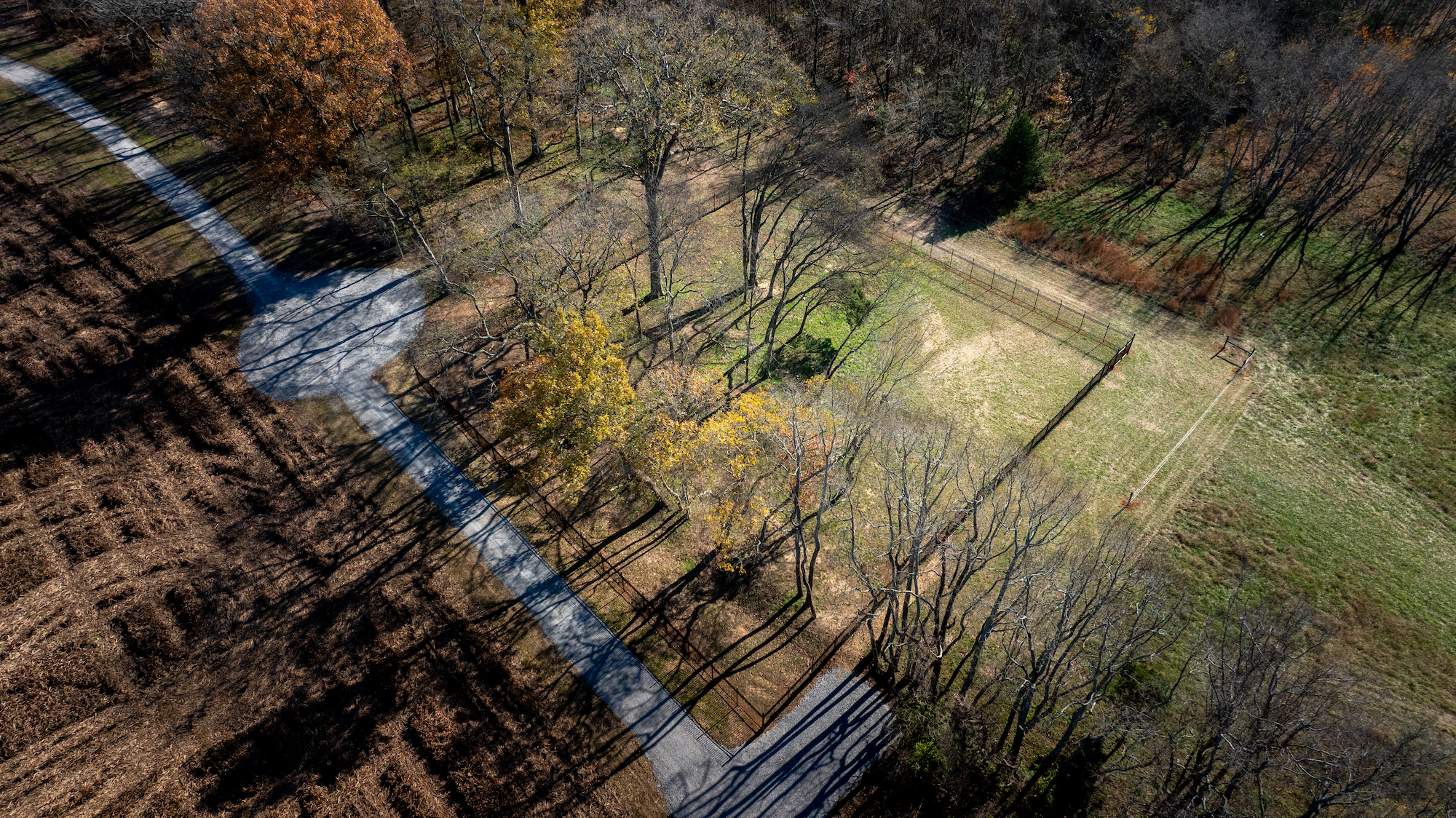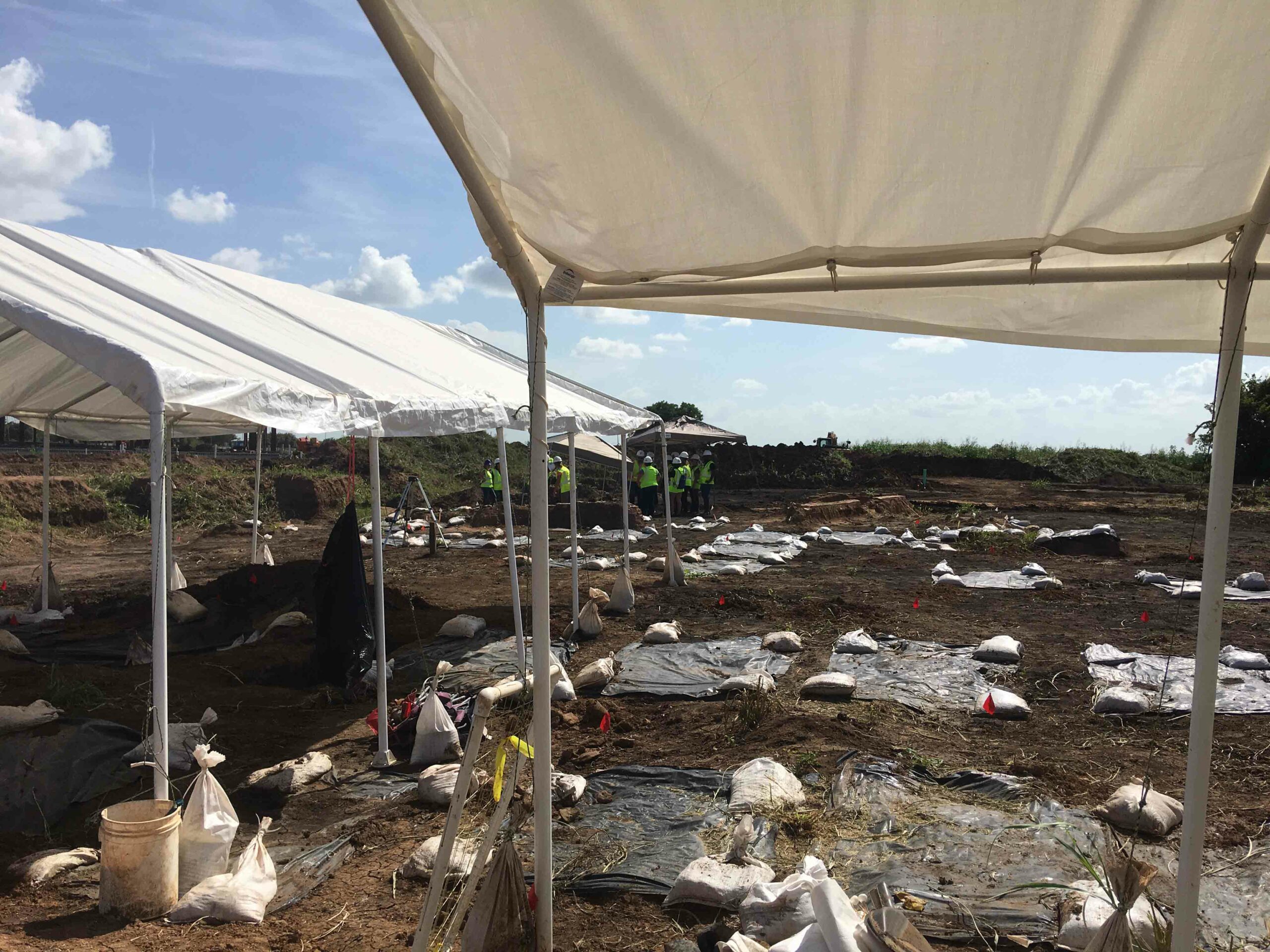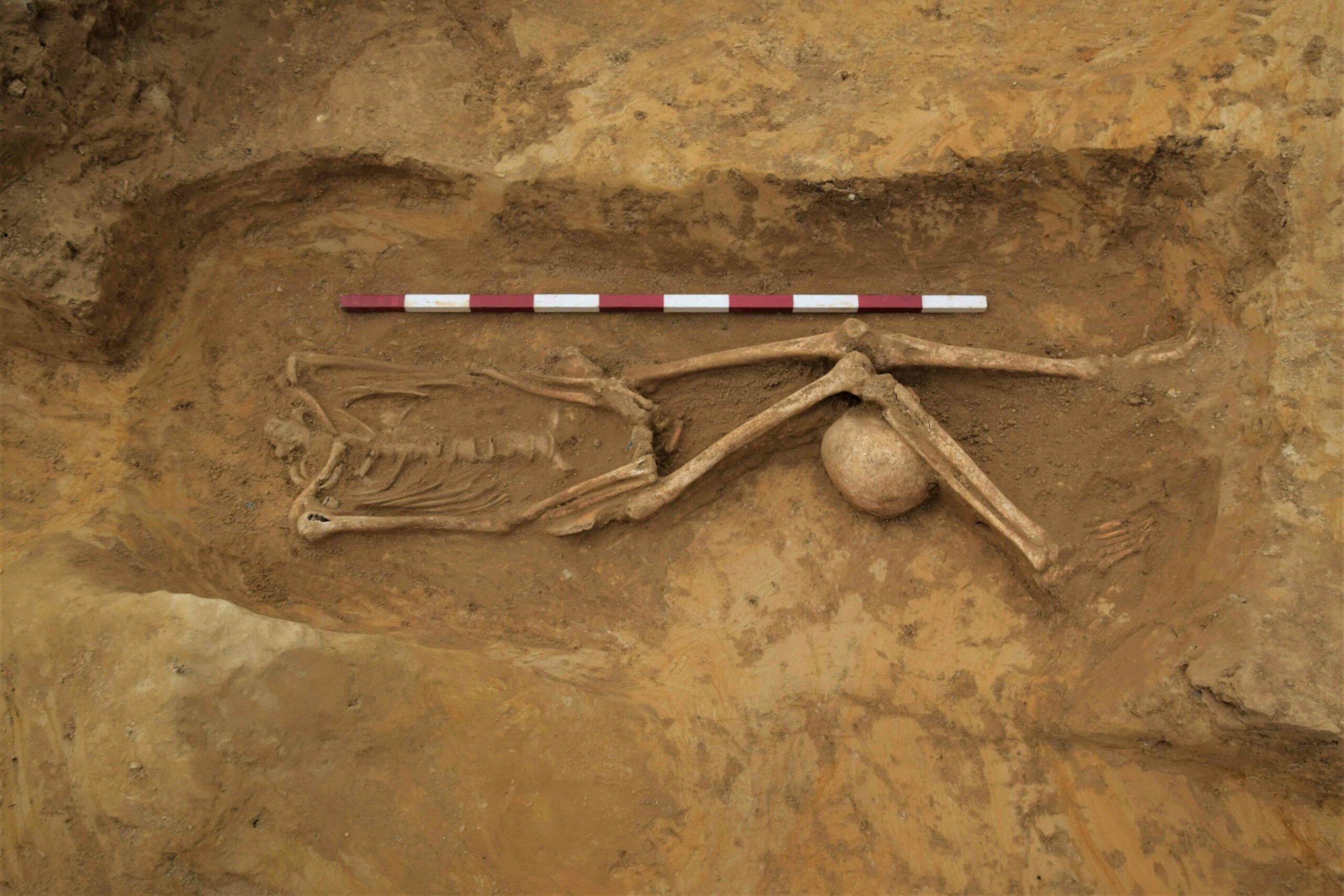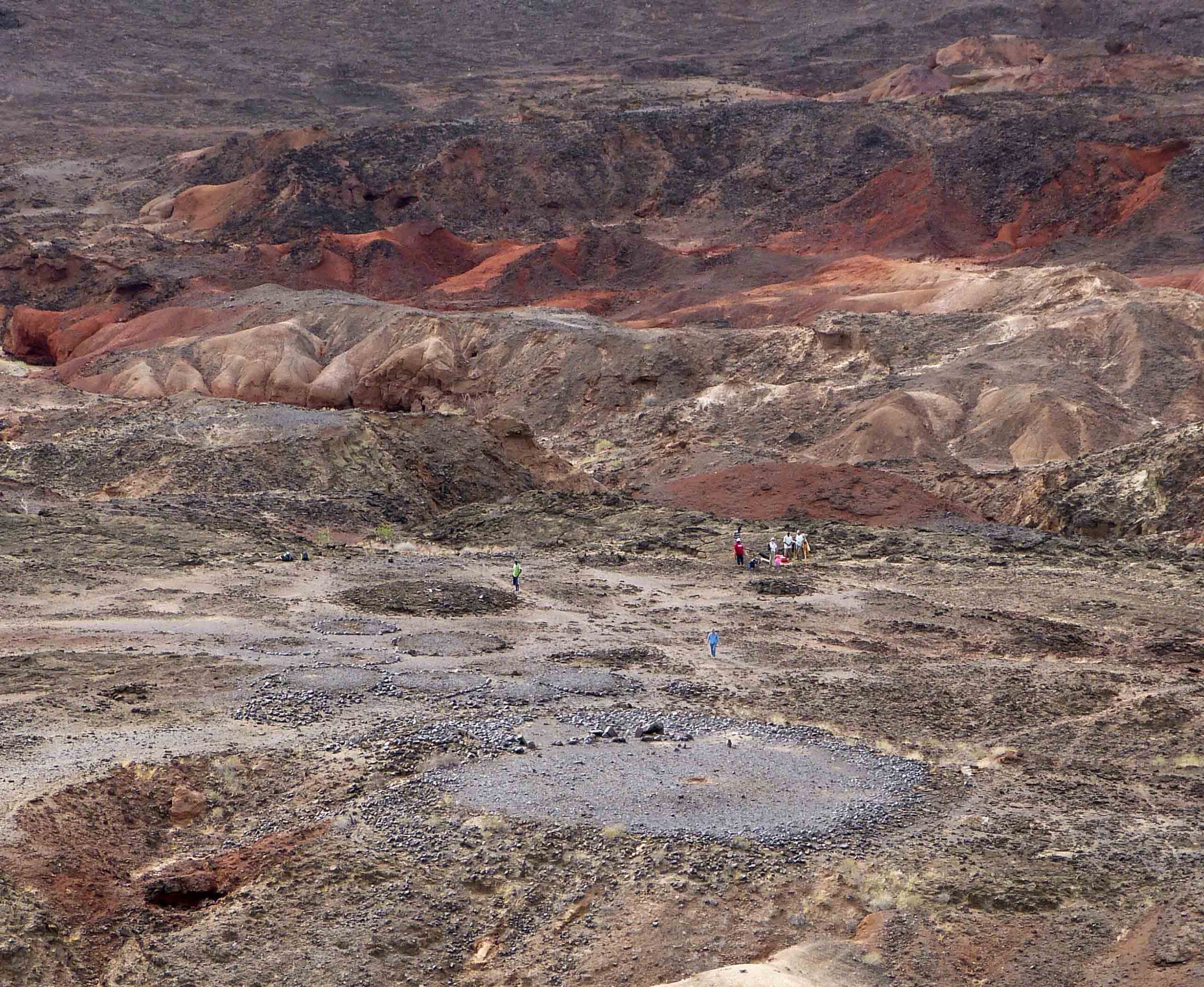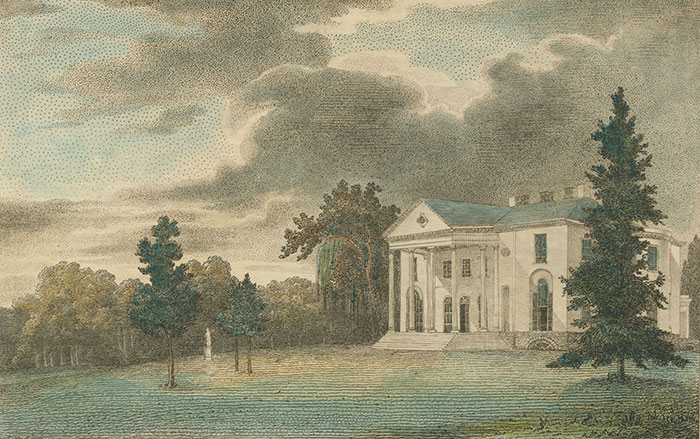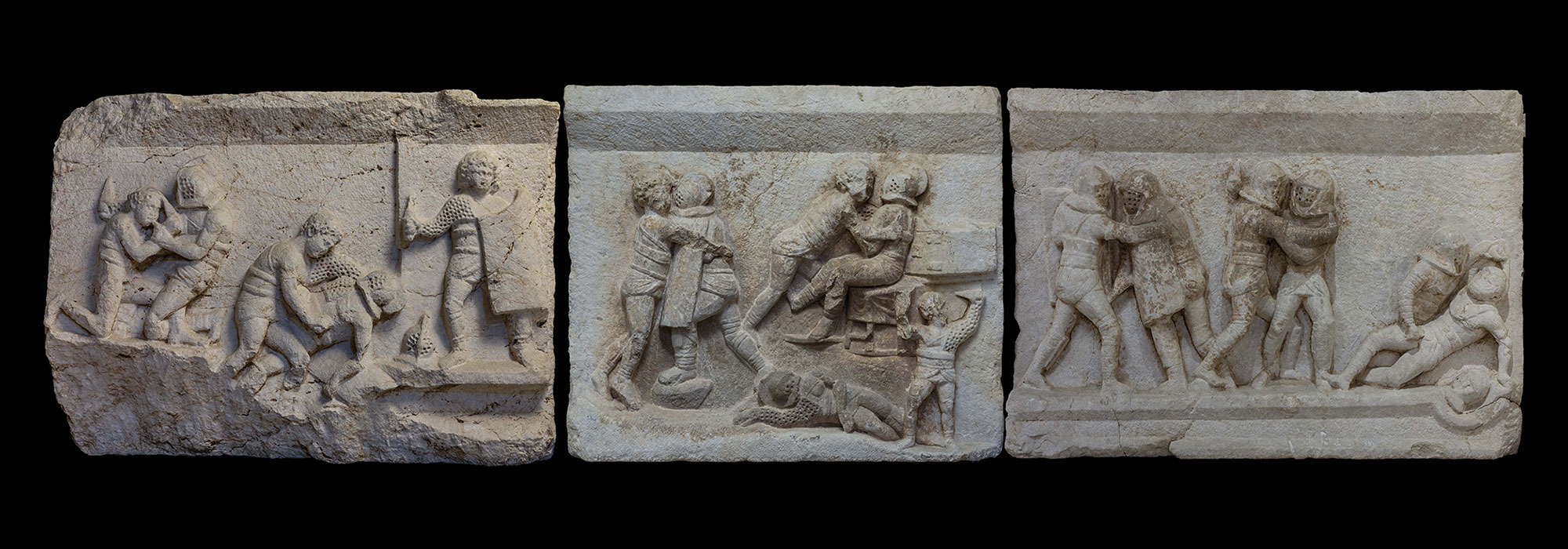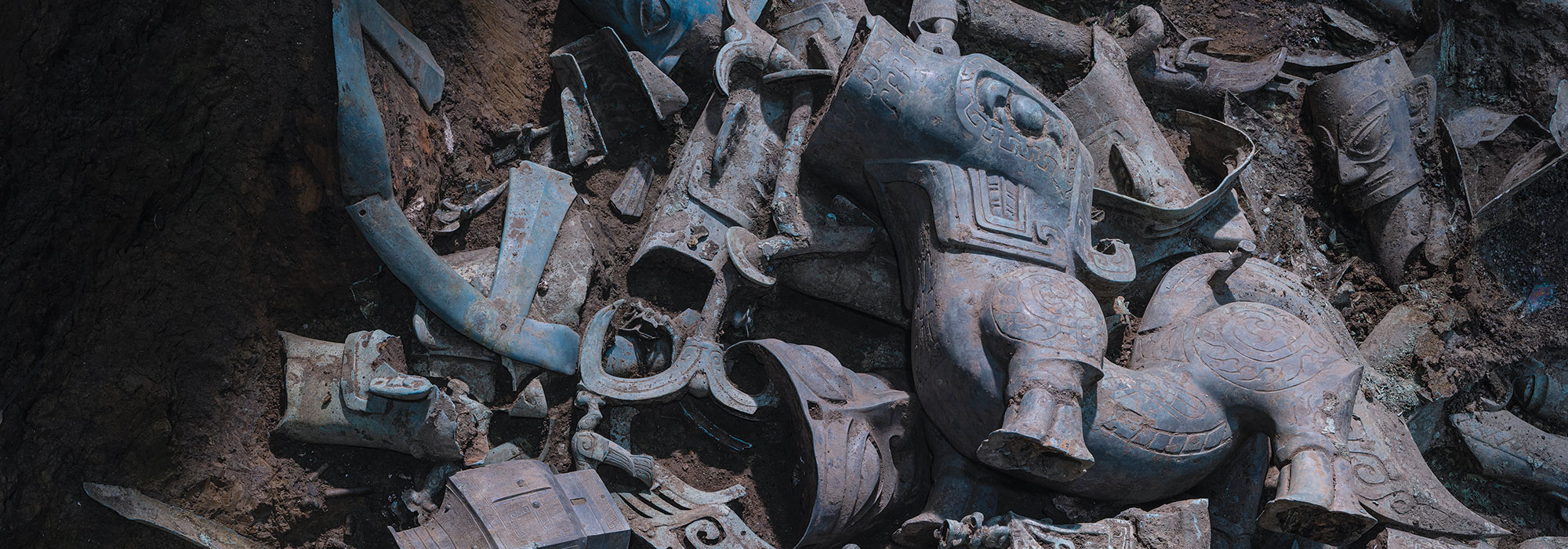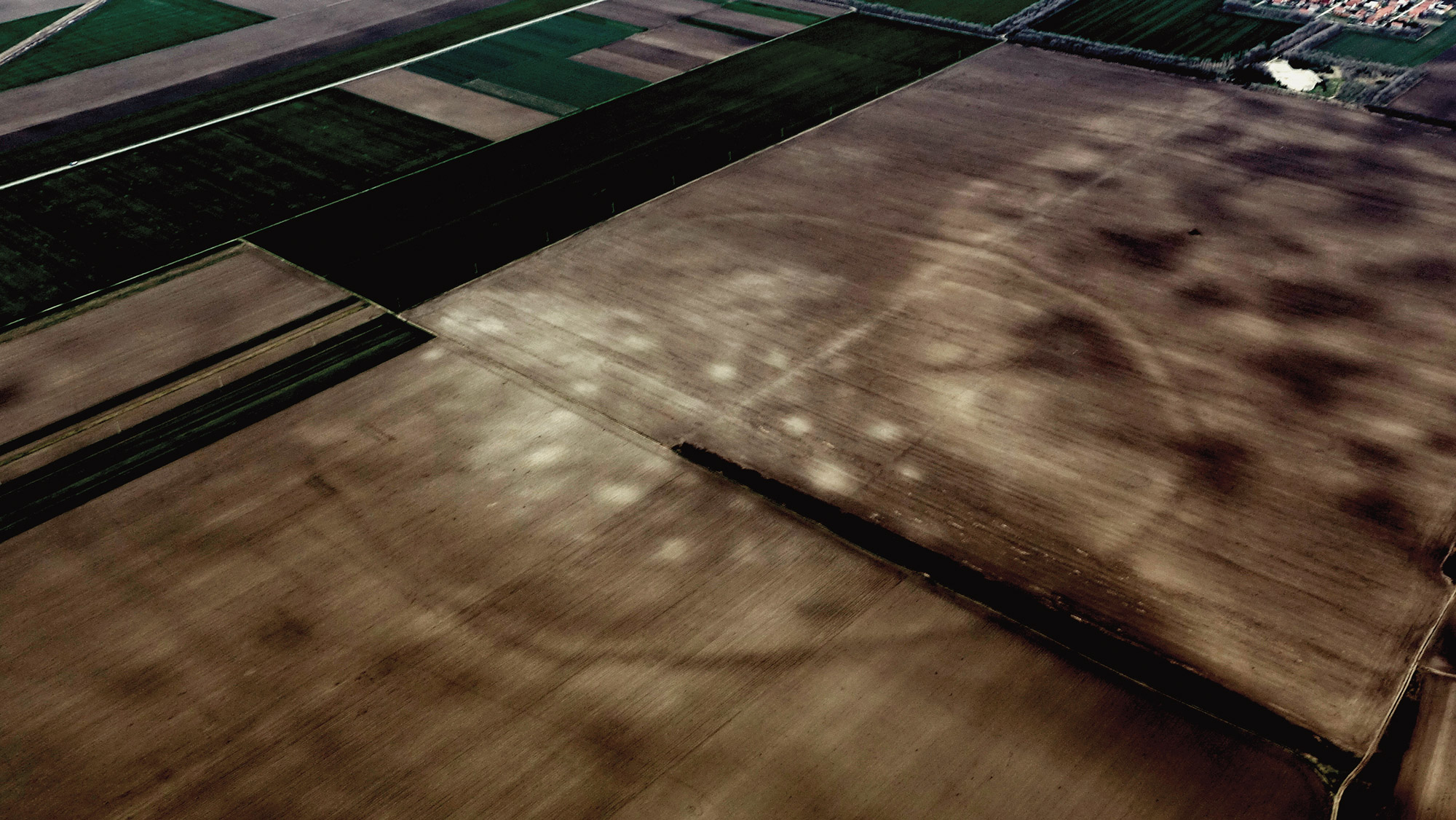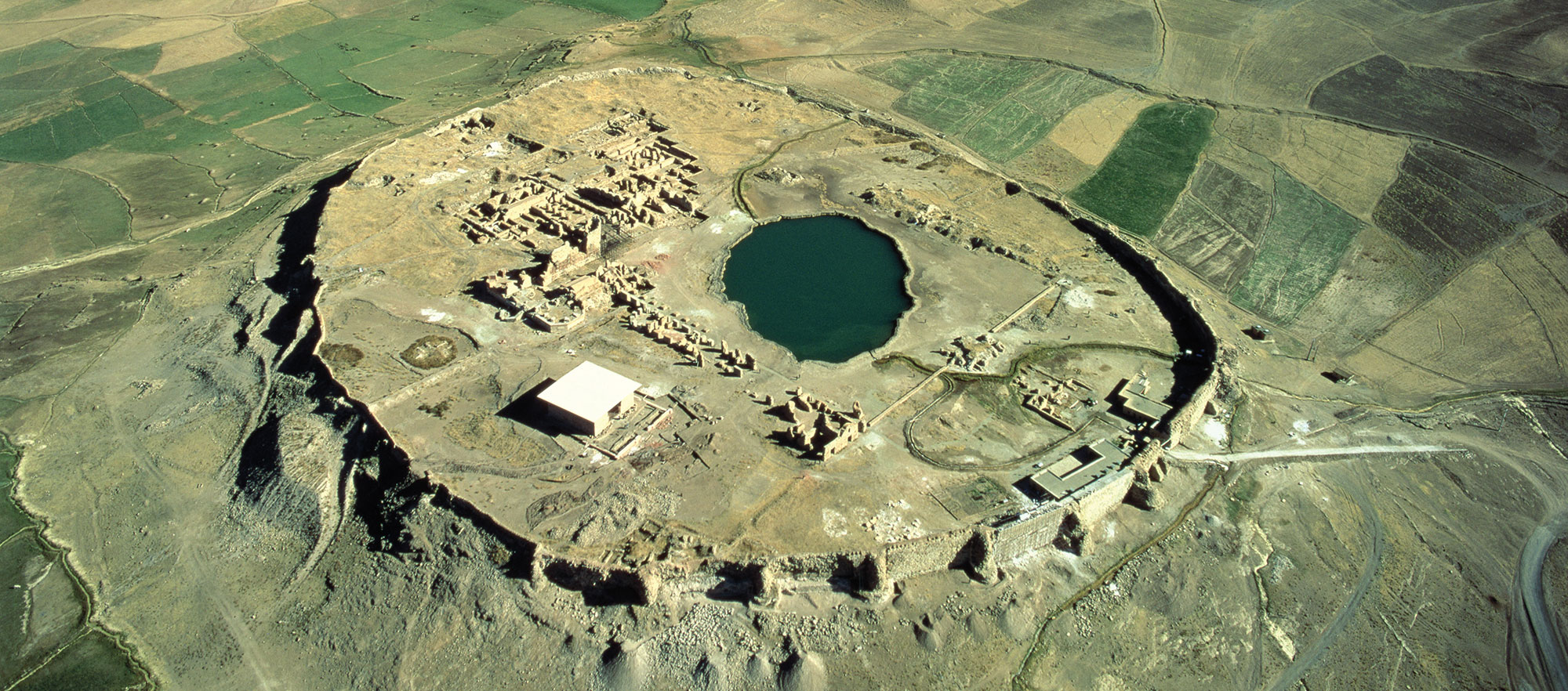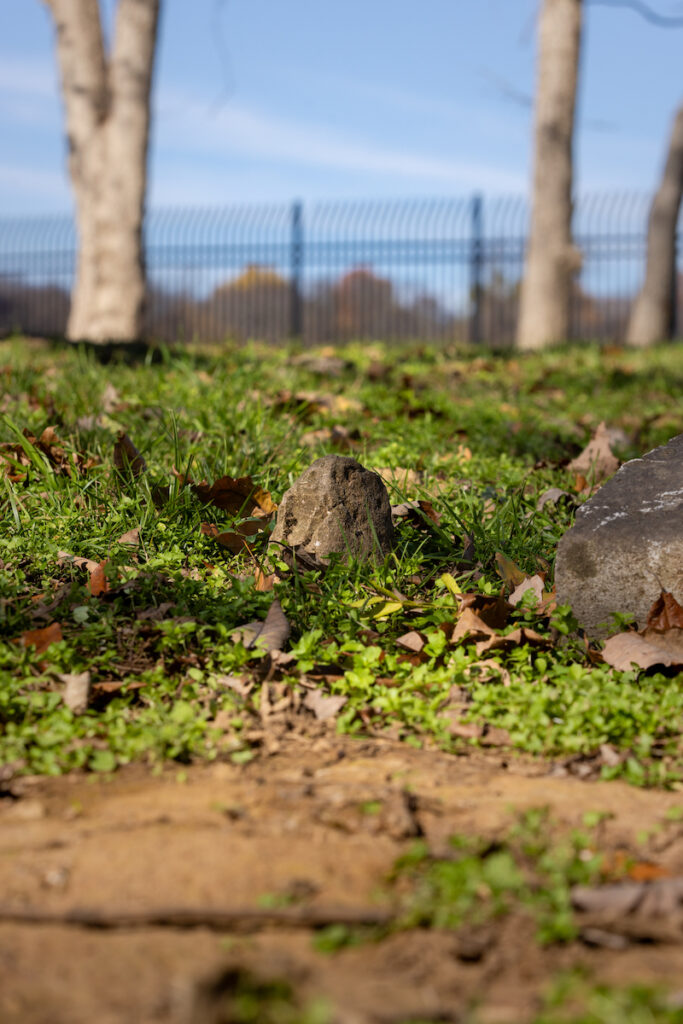
NASHVILLE, TENNESSEE—According to an Associated Press report, researchers have found the location of a cemetery where at least 28 enslaved people were buried at The Hermitage, a Tennessee plantation owned by Andrew Jackson, who served as the seventh president of the United States between 1829 and 1837. The burial ground was situated about 1,000 feet away from Jackson’s mansion. Tony Guzzi of The Hermitage Foundation said that Jackson may have owned more than 150 enslaved people at the time of his death in 1845. The people buried in this cemetery are thought to have died between 1804 and the end of the Civil War in 1865. A ground-penetrating radar survey indicates that the bodies had been placed in three rows running from north to south. Only two of the gravestones remain partially visible above the ground surface. Additional graves are thought to be hidden in the area by a thick mat of tree roots. “All of the graves likely have stone markers at both the heads and feet, although they are not likely carved with names,” said archaeologist James Greene. To read about Jackson's role in the forced removal of the Cherokee from their land, go to "Letter from Tennessee: Return to the Trail of Tears."


